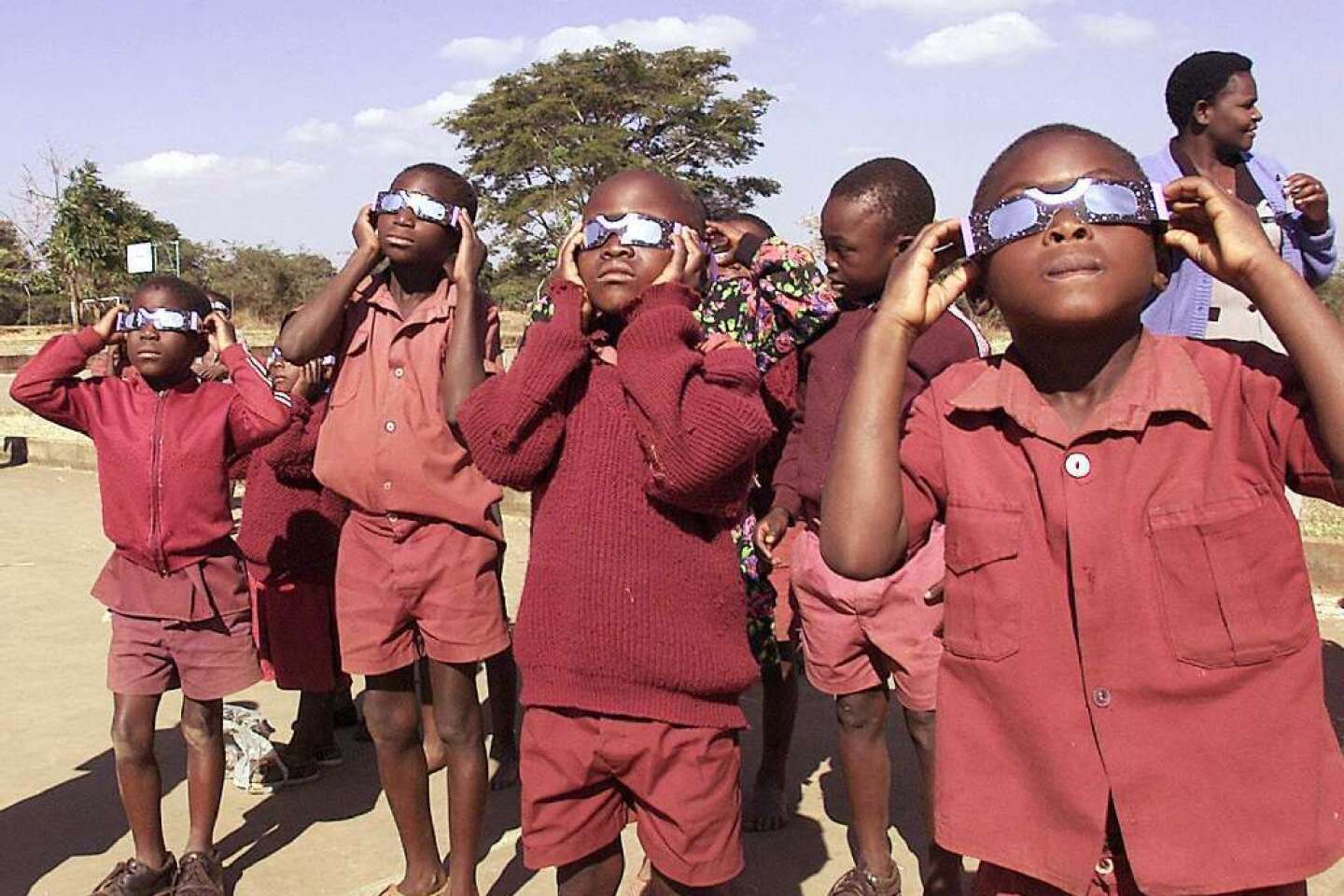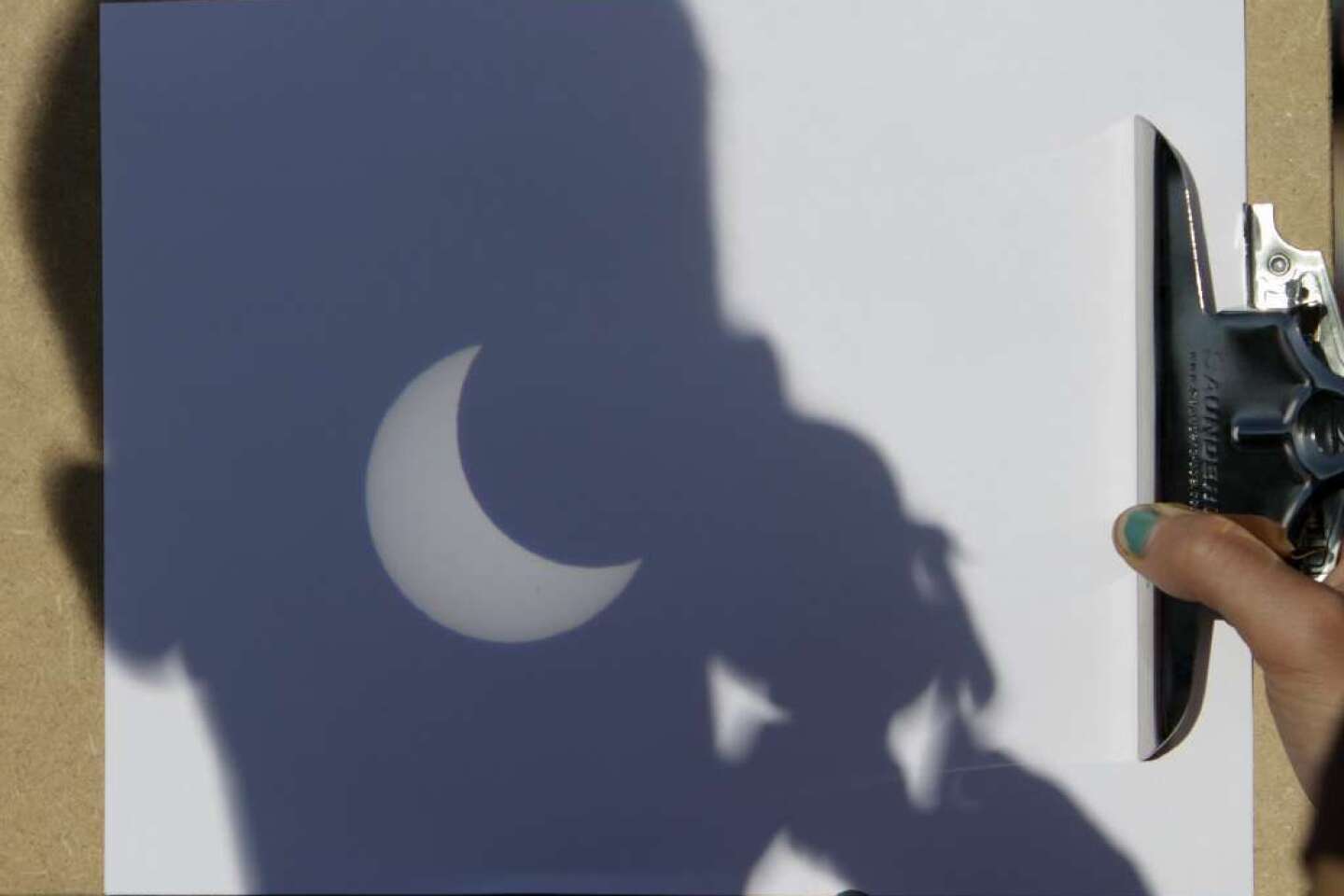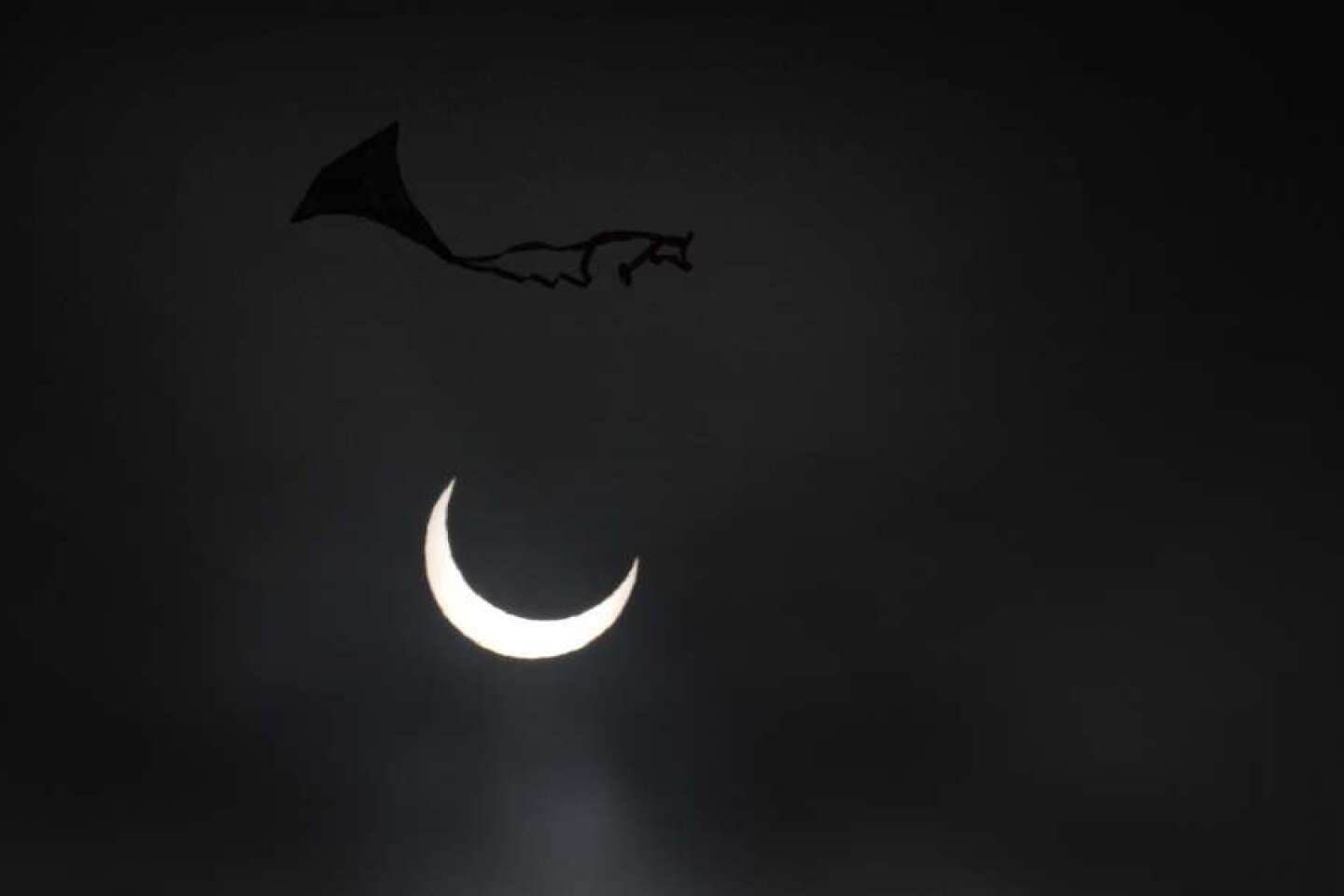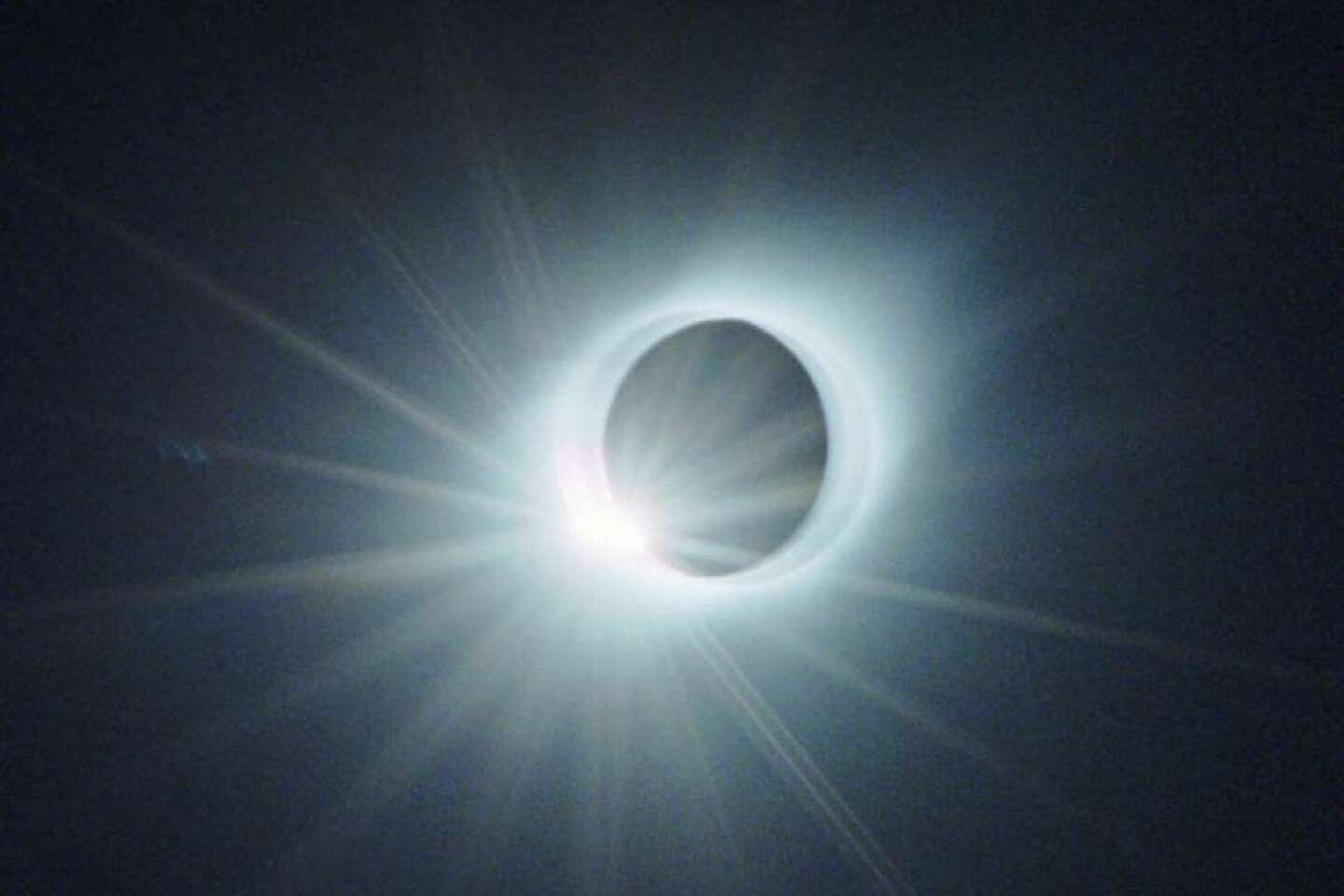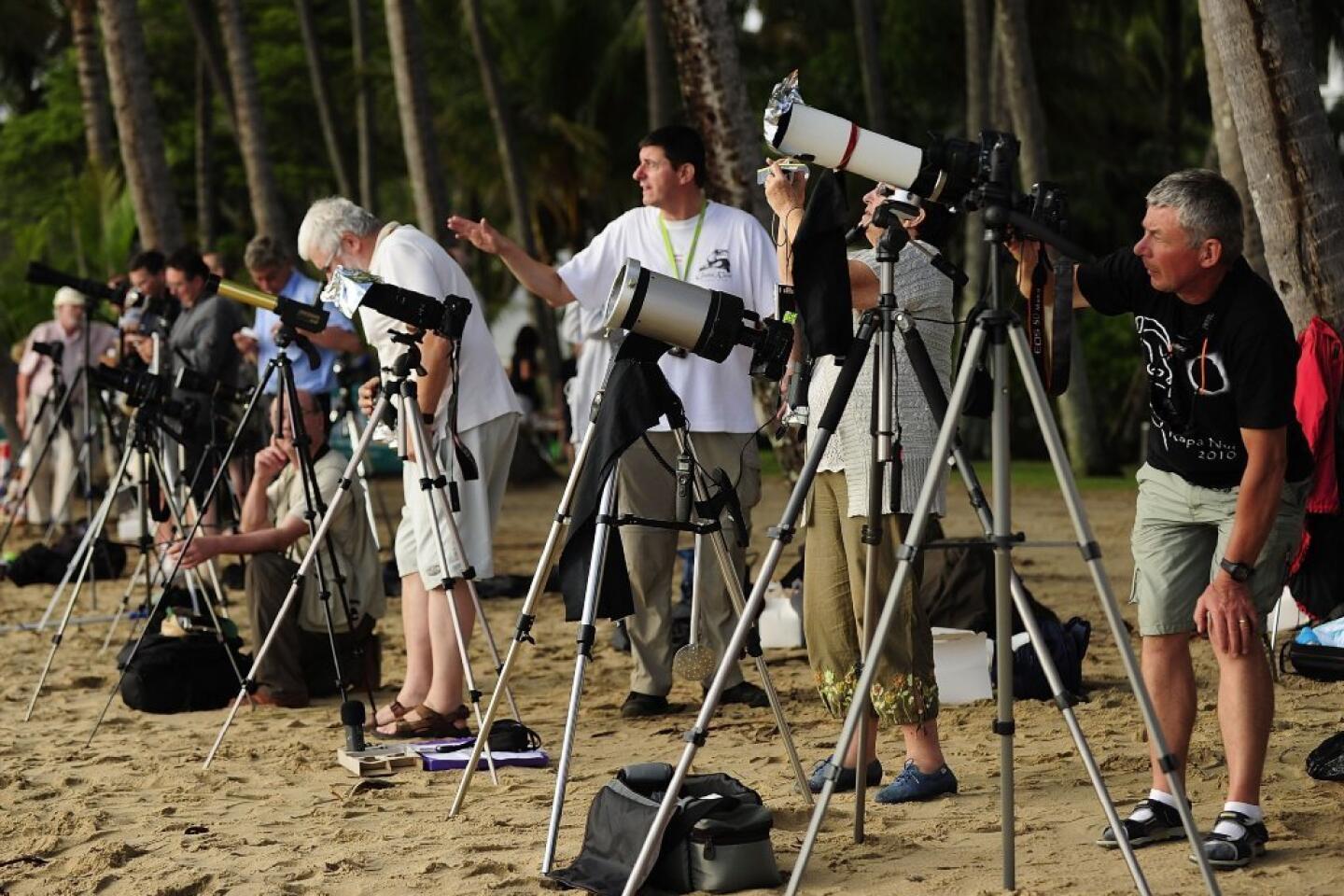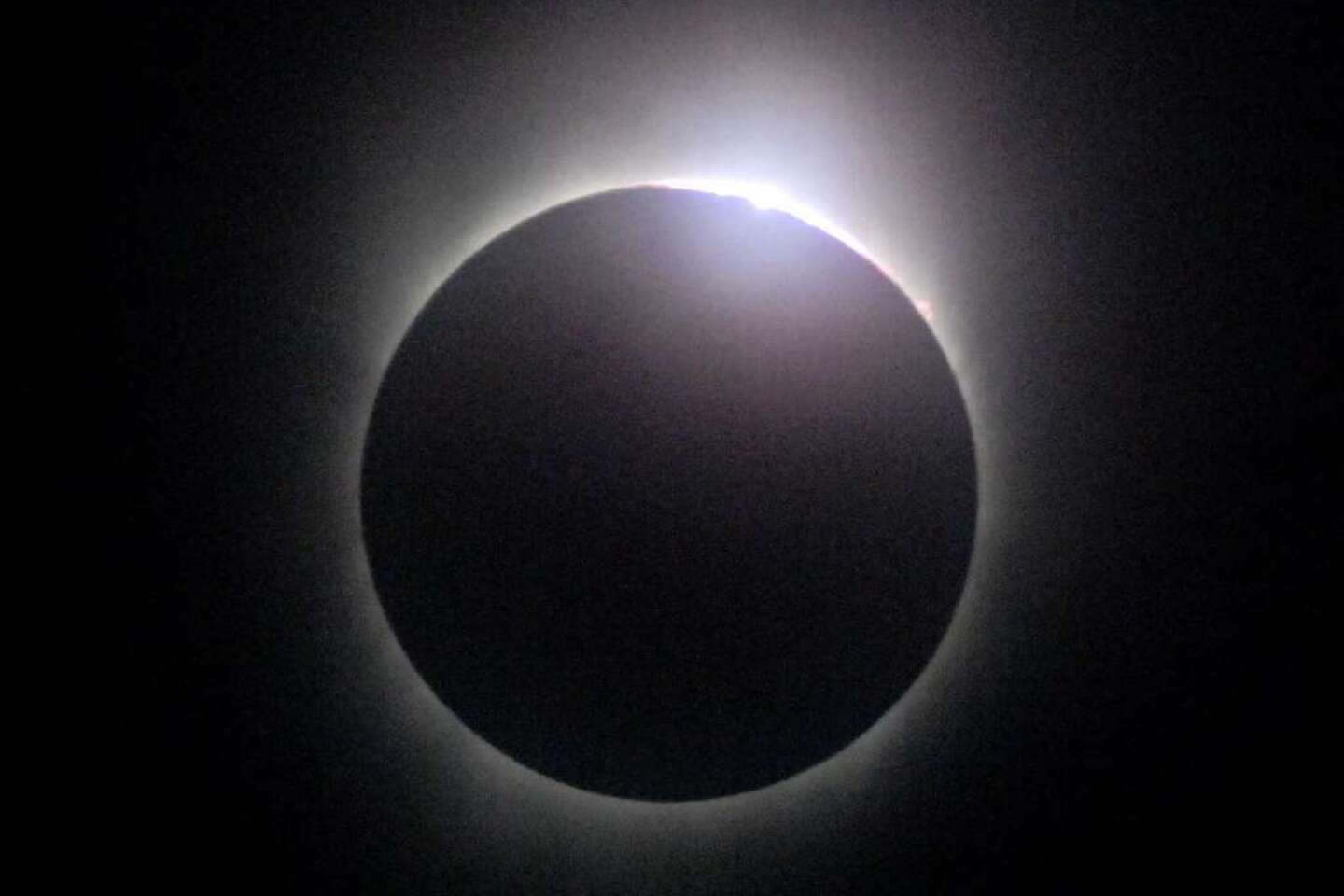Watch Sunday’s rare, hybrid solar eclipse live, right here
There’s a solar eclipse coming Sunday morning, and you can watch it live, right here.
Beginning at 3:45 a.m. PST, the online observatory Slooh.com will stream the solar eclipse live from a remote part of the Kenyan countryside.
The broadcast will last for 3 1/2 hours, ending at 7:15 a.m. and will also include live feeds from telescopes in Gabon, Africa, and the Canary Islands. You’ll find it playing in the video box above.
Why do you need to watch the total eclipse online? Because unless you live along a very narrow band of land on the African continent, it won’t be visible from where you live.
PHOTOS: Solar eclipse images from around the world
If you live on the eastern seaboard of the United States or in certain parts of southern Europe, you can step outside and see a partial eclipse (details here). But if you want to see that glorious moment when the moon completely blocks out the sun, you will need to be looking at a computer screen.
Sunday’s eclipse is known as a hybrid eclipse, a fairly rare event.
As the eclipse gets going, the moon will be just a little too far from Earth to completely block the sun. But as the eclipse continues to move east, the distance between Earth and the moon decreases just a bit. By the time the eclipse’s path crosses the African continent, the moon will cover the sun entirely and the brightest stars will be visible, even in the daytime.
There’s something very cool about watching this eclipse with people around the world, live, as it happens. But if you just can’t make yourself do it, Slooh is going to try to put together a time lapse of the eclipse which should be live (and embedded above) a little after 9 a.m. PST.
If “ring of fire” makes you think of something besides the Johnny Cash song, follow me on Twitter for more stories like this.
ALSO:
Rare solar eclipse this Sunday: How to see it
Comet ISON holding together as it nears the sun [Photo]
28 solar flares in the last seven days, and more may be coming


